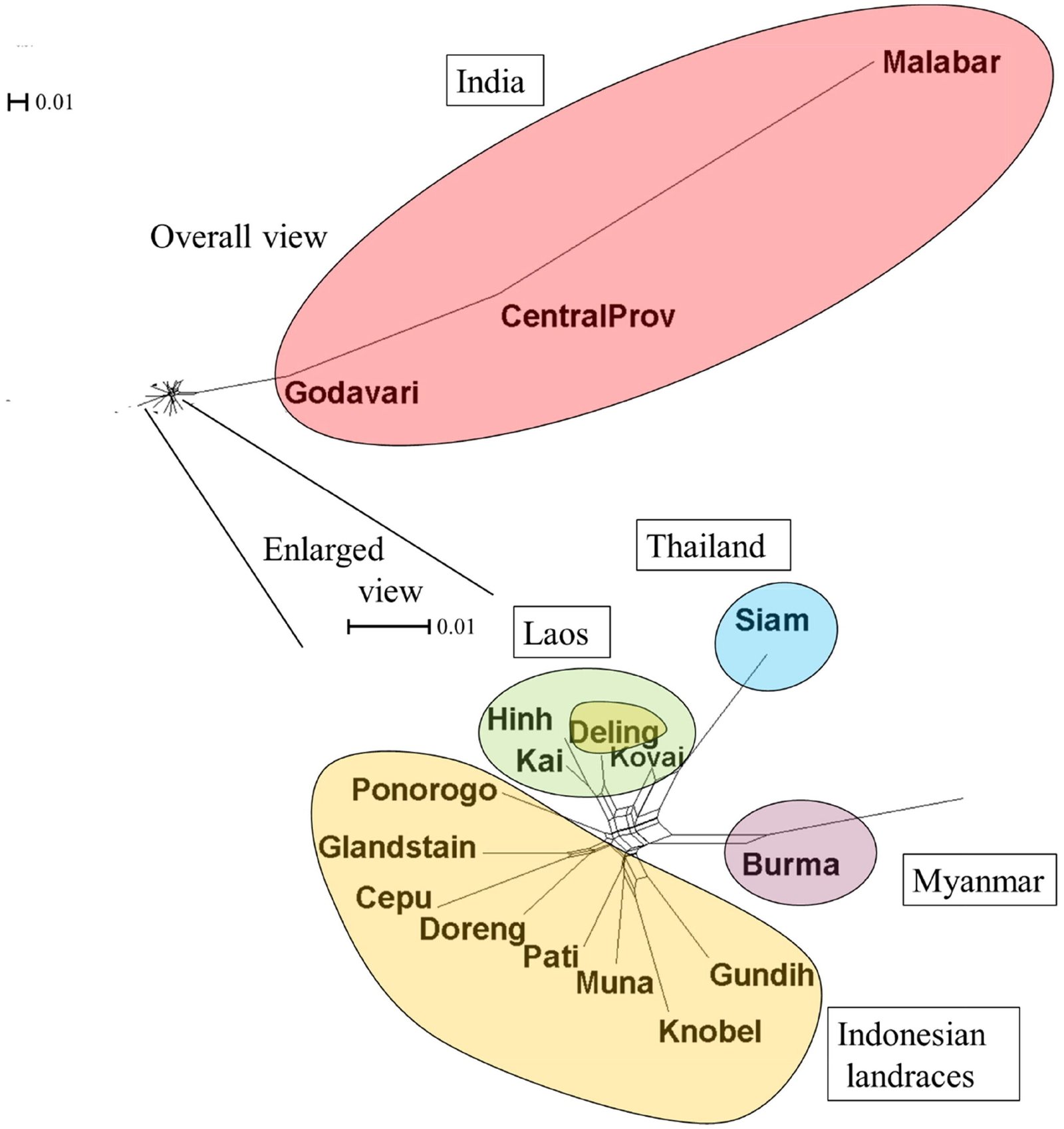
Single people with higher incomes are more likely to want a relationship, feel like they are ready for one and actually begin one, according to a pair of new research studies.
Published in the Journal of Marriage and Family, the two studies conducted by University of Toronto psychologist Geoff MacDonald and Carleton University’s Johanna Peetz draw on data about more than 4,800 single individuals that were collected in the United States and Germany.
In both countries, the researchers found that higher income was associated with more positive attitudes toward relationships, a greater sense of readiness and an increased likelihood of entering a partnership.
“I think that young people are making rational calculations in unstable economic conditions,” says MacDonald, a professor in the Faculty of Arts & Science’s department of psychology. “I think people get that they are not going to be able to enjoy a relationship if they are working 80 hours a week, or if they’re not sure where they’re going to live next year.”
Beyond personal relationships, the findings may have broader impact on public policy and could help inform policy considerations. The research highlights how financial stability can influence long-term outcomes such as partnering and marriage—factors that intersect with issues like declining birth rates and rising loneliness.
“People may not want to take the step towards commitment until they have that economic foundation,” MacDonald says.
While higher income appears to spur relationship-seeking behavior, it does not seem to make single people happier. The studies found no link between higher income and satisfaction with singlehood.
MacDonald suggests this may be due to a stage of life theory—the idea that people build their lives step by step. A good income may help pay for an enhanced single experience, but it may also signal a transition to a phase where having a partner feels necessary for fulfillment.
Although the study didn’t include Canadian participants, MacDonald believes the findings are applicable to Canada, which he describes as culturally situated between the U.S. and Germany.
Both MacDonald and Peetz recommend that future research explore how other indicators of socioeconomic prospects—such as unemployment rates, debt burden and housing affordability—affect relationship readiness and initiation.
More information:
Johanna Peetz et al, Making (Enough for) Love: The Association of Income and Relationship Readiness, Journal of Marriage and Family (2025). DOI: 10.1111/jomf.70000
Citation:
Money can’t buy love—but it might make us more open to it, study says (2025, July 25)
retrieved 25 July 2025
from https://phys.org/news/2025-07-money-buy.html
This document is subject to copyright. Apart from any fair dealing for the purpose of private study or research, no
part may be reproduced without the written permission. The content is provided for information purposes only.




